From the visa-free crisis to the “Nepal scenario” Georgia’s opposition prepares for October unrest
The Georgian opposition and its sponsors continue to search for a new pretext that could bring the masses onto the streets and thereby create conditions for a “revolution.” It has already become clear that the threat of cancelling the visa-free regime does not cause serious concern among the majority of the population. Even many who are dissatisfied with the current government are in no hurry to take to the streets and demand that the authorities comply with EU ultimatums, including permitting LGBT propaganda.
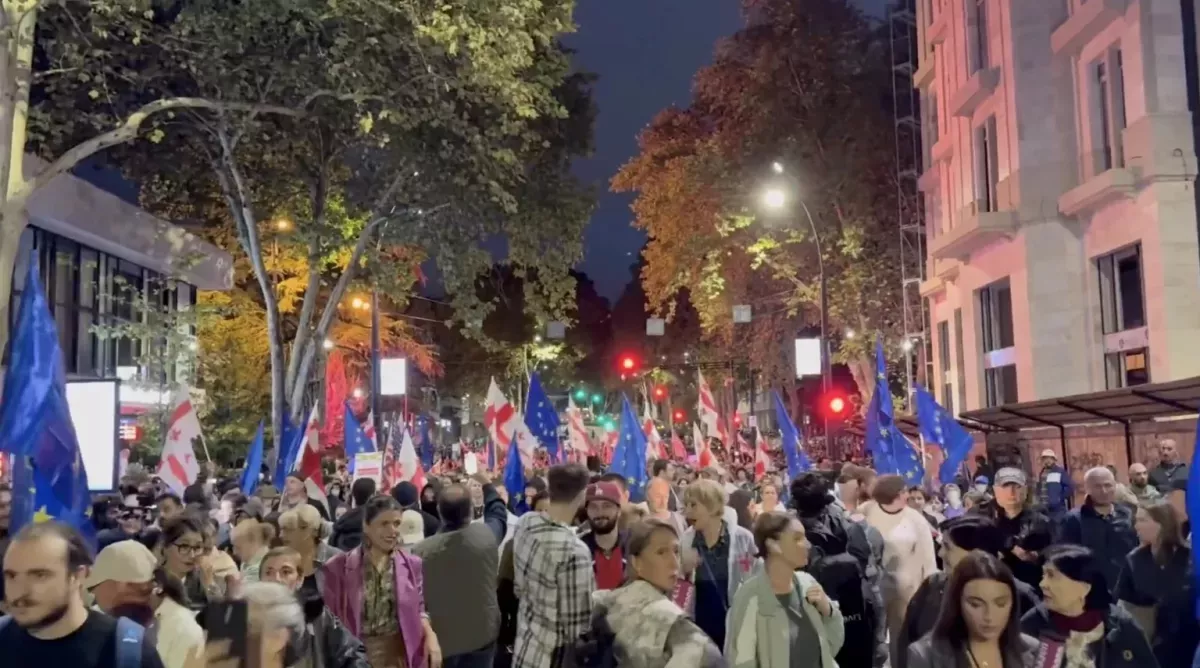
On 13 September 2025, a “march in defence of visa-free travel” in central Tbilisi turned out to be openly marginal. Even opposition media admitted that only “hundreds” of people participated, mostly party activists. At the same time, it became obvious to Georgian citizens how quickly their former “European” and “Euro-Atlantic” illusions were collapsing.
Meanwhile, drones entered Poland—the supposed “visa-free” destination—during the Tbilisi march, making it clear that NATO is in no hurry to defend the country, despite its full membership in the alliance. In the future, Poland could be left alone against a stronger adversary, just as Ukraine already experienced.
Against this backdrop, the number of people willing to fight for the ability to travel without visas—even in a potential combat zone, and even to overthrow a government that, though imperfect, is at least trying not to drag the country into military adventures—has sharply decreased.
The topic of “cancelling the visa-free regime with the EU” has quickly receded into the background. Moreover, there is a high probability that Brussels’ threats will remain just that—threats. Donald Trump’s administration also does not oppose the current government in Georgia, which became clear after the U.S. Senate excluded the MEGOBARI Act, aimed against the Georgian Dream, from the package of bills slated for fast-track adoption.
Nevertheless, the pro-Western opposition continues its course toward a “revolution.” And it is now inspired not only by Europe but also by distant Nepal. It was precisely the “Nepal scenario” that former President Mikheil Saakashvili, currently imprisoned, referred to.
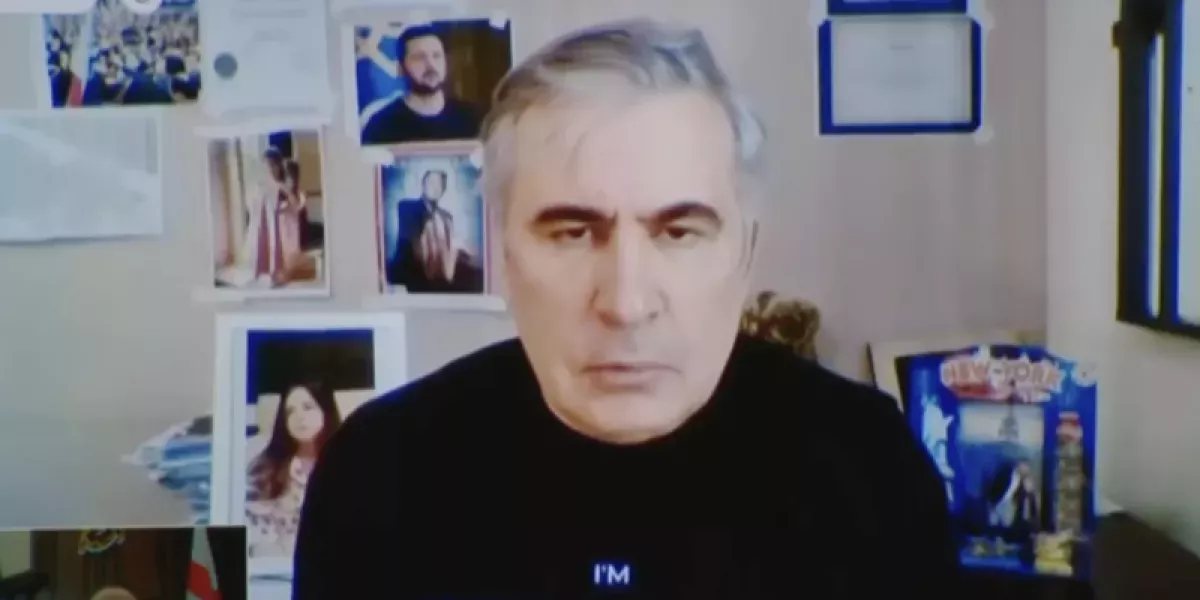
“I want to call on everyone: let’s learn from Nepal and widely share photos of the palaces of corrupt officials of the regime—this will be a very important exposure!” Saakashvili wrote.
In essence, the former president recalled the tactics of the early 2000s, when, before the “Rose Revolution,” Saakashvili’s team actively published information about the luxurious mansions of government representatives. However, today the situation is different.
In Georgia, it is well known that both Bidzina Ivanishvili and Tbilisi Mayor Kakha Kaladze became wealthy before entering politics. Their wealth allows them and their inner circle to acquire mansions and “expensive accessories” without affecting the state budget.
At the same time, the fight against corruption is being conducted by the Georgian Dream itself. Those guilty of misusing state funds are held accountable, regardless of their political status.
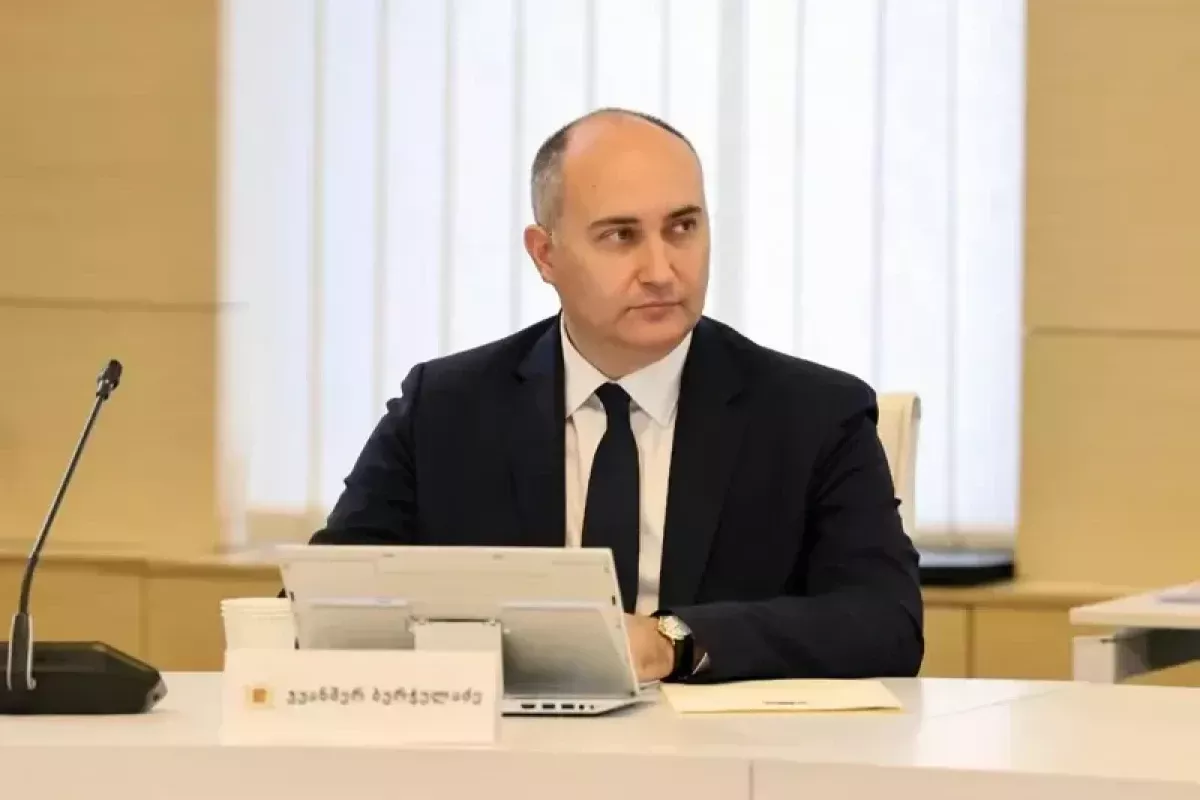
On 11 September 2025, former Defence Minister Juansher Burjuladze was arrested. He was charged with abuse of office and legalising illicit income. According to the investigation, in 2023 his deputy and the former head of the Ministry of Defence’s procurement department created a non-competitive environment when purchasing an MRI machine for a military hospital. As a result, the price was inflated from 2.61 million lari ($968,800) to 3.94 million lari ($1.46 million).
Notably, Burjuladze was prosecuted solely for corruption, not for political reasons. He did not play any “political games” of his own.
If even former ministers in Georgia are not spared, then corruption among lower-level officials is unlikely to provoke outrage strong enough to trigger a “revolution.” Far more dangerous could be attempts by the opposition and its sponsors to “buy off” officials or security personnel.
That is precisely why law enforcement agencies took extremely seriously the statement by the leader of the United National Movement, Levan Khabeishvili, who promised to pay $200,000 to security personnel who refuse to participate in dispersing rallies and who disclose secret materials.
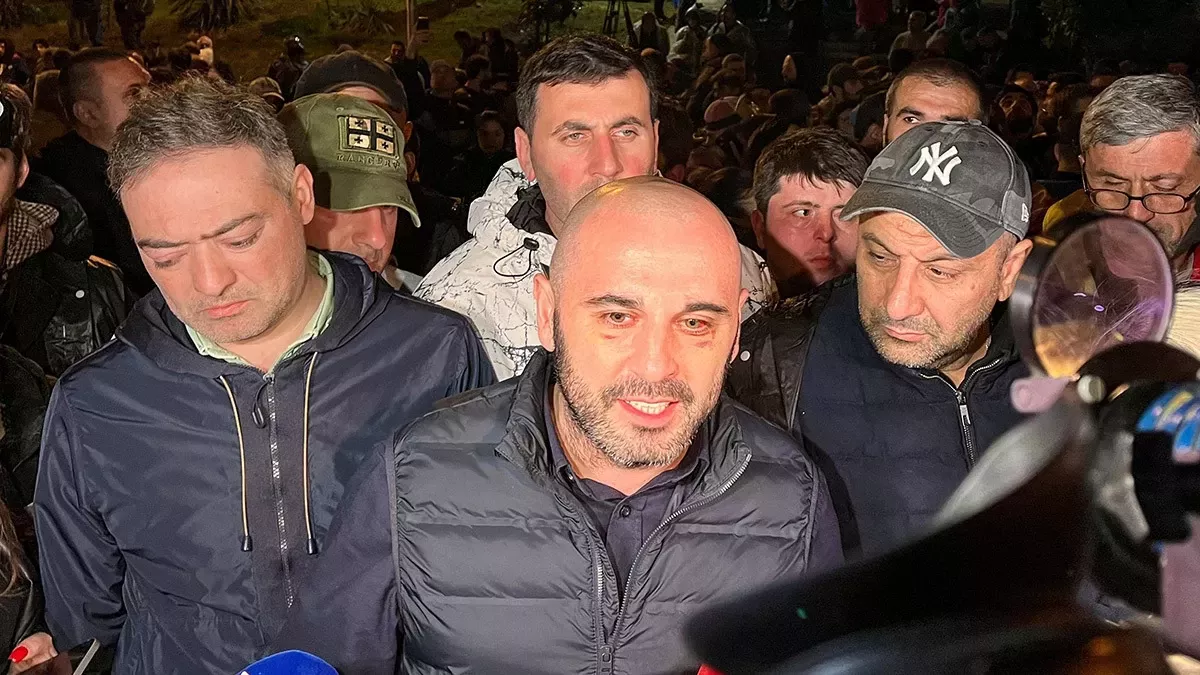
On 11 September 2025, Khabeishvili was detained on charges of “publicly promising a bribe.”
Nevertheless, other opposition leaders continue to urge their supporters to take to the streets on the day of the local elections in October 2025 for a “peaceful overthrow” of the government.
Prime Minister Irakli Kobakhidze stated unequivocally: “There is no peaceful or non-peaceful overthrow of power. Two cases have been opened—one concerning the act of overthrowing power, and one concerning the promise of a bribe. Everything else is a matter for the courts.”
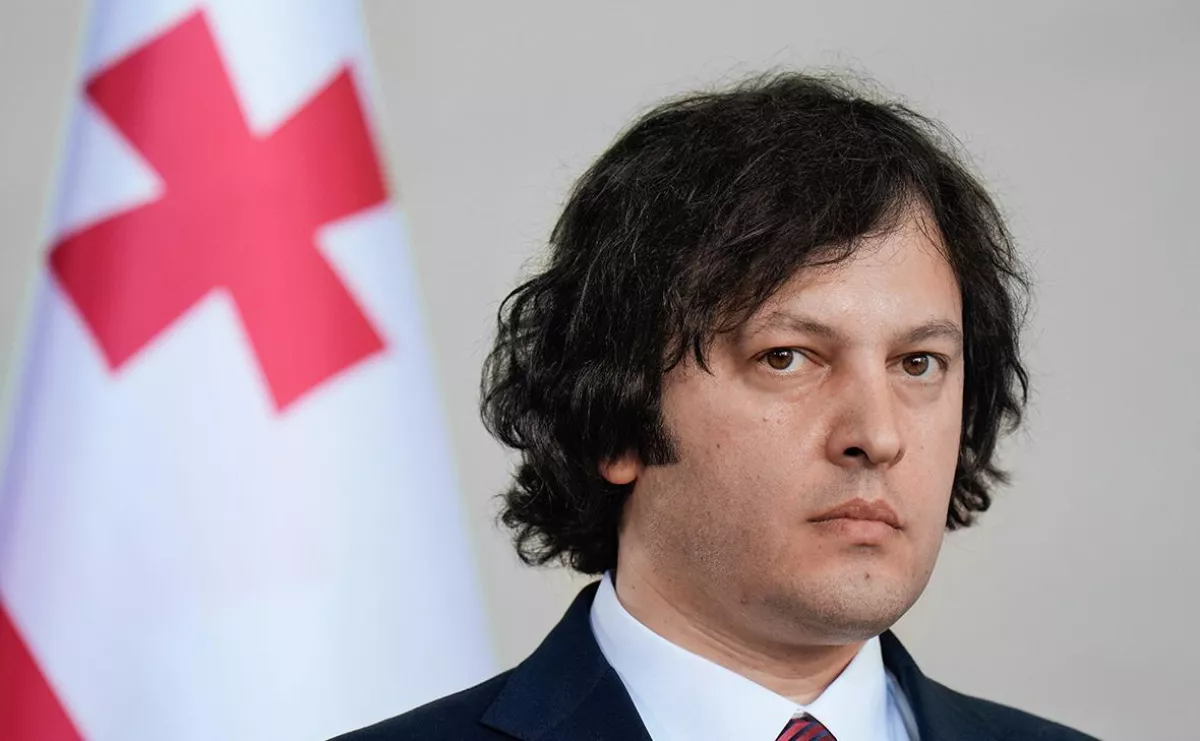
He emphasised that any politically motivated crimes would be strictly suppressed: “The public has been accustomed to the language of radicalism—overthrows, arson, and so on. Thousands of reports have been filed in recent days. Now practice must differ from what it was three or four years ago. The law will be applied with full severity. Only in this way can we fully protect national interests. I promise that just as we have tightened measures against corruption, organised crime, and drug-related crimes, equally strict approaches will be applied to political offences. Of course, this does not satisfy drug addicts, Nazis, and the mafia, but it satisfies society.”
The opposition continues to promise that “hundreds of thousands of citizens” will take to Rustaveli Avenue on 4 October. “Our goal is for hundreds of thousands of citizens to gather on Rustaveli Avenue…” said UNM member Levan Sanikidze, adding that the details of the event will be presented by the civic movement “Rustaveli Avenue” and by Levan Khabeishvili himself, despite being in detention.
However, given the failure of the “visa-free march,” which drew fewer than a thousand people, there are currently no conditions for such a large-scale action.
Nevertheless, provocations remain possible, especially considering the opposition’s support from European diplomacy. EU Ambassador to Georgia, Pawel Herczynski, openly met with opposition activists in the Guria region.
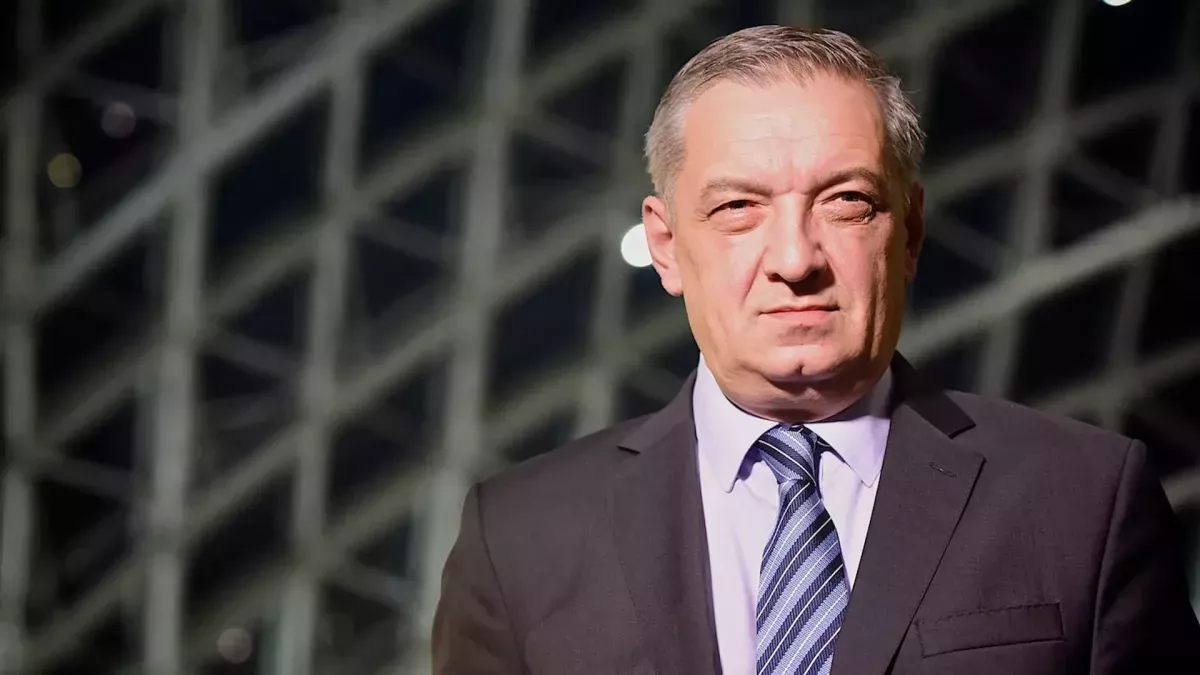
Vice-Speaker of Parliament Gia Volski noted: “This fact proves that he meets with people directly involved in extremist activities. Take, for example, the financial and political support for groups that present the use of Molotov cocktails as heroism.”
Thus, European diplomacy, taking advantage of diplomatic immunity, is effectively interfering in Georgia’s internal affairs and assuming the role of coordinator for the opposition’s planned “revolution” on 4 October 2025.
By Vladimir Tskhvediani, Georgia, exclusively for Caliber.Az








